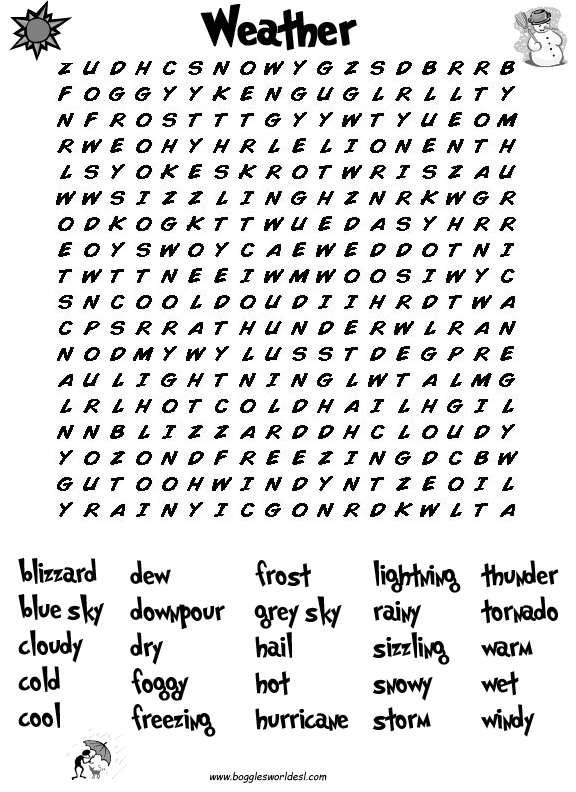 |
| https://images-na.ssl-images-amazon.com/images/I/81Lz3c-TtUL._SL1500_.jpg |
What is weather?
What is climate?
1. p. 80 Read the text. Highlight any words that you don't understand. Write these words in your vocabulary notebook and include the definition.
2. Visit this website and read the text to find out why storms are given names: http://www.bbc.co.uk/newsround/34581210
HOMEWORK: Answer the following questions in your notebook:
If you could name a storm, what name would you choose? Why ?
Are storms given names in Portugal?
Are storms given names in your country?
February 1
1. p. 81 Activity: Making sense of weather information
ATL - Critical-thinking skills; interpret data
Read the instructions and complete the activity
February 2
 |
| https://static.rgscdn.com/images/xxl/154907DLS.jpg |
1. Read the image above (Fact or Opinion) and then take the quiz:
https://www.quia.com/quiz/1826288.html?AP_rand=2040080937
2. p. 81 Activity: Fact or opinion?
ATL: Critical-thinking skills: Evaluate evidence and arguments.
Watch the video and answer the questions in your notebook:
http://www.youtube.com/watch?v=5KtGg-Lvxso



